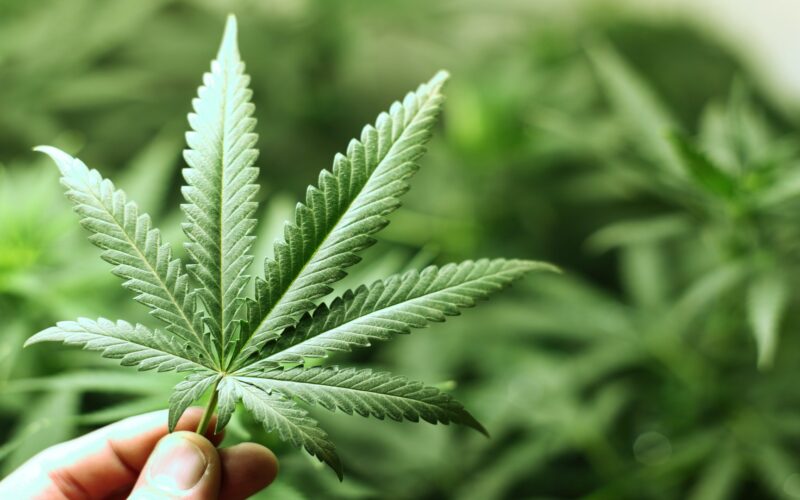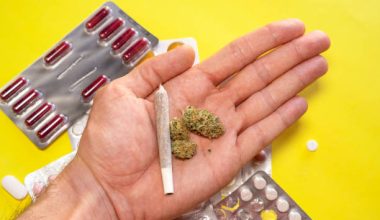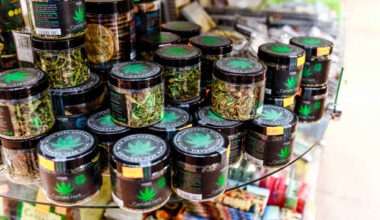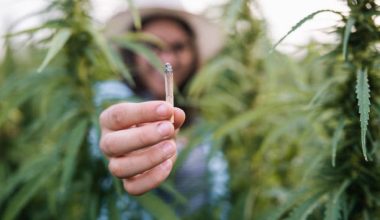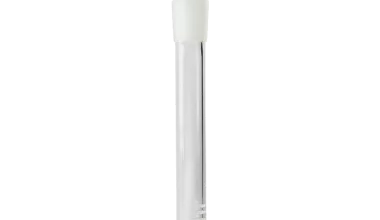The use of grow lights is nothing new in the cannabis industry. There are a lot of companies that offer LED lights for growing cannabis these days. Many cannabis growers are experimenting with using LED grow lights to see if they can reduce their energy usage, improve the quality of their buds, and increase their harvest yields. Some say that LED grow lights increase harvest yields. So far, many growers are reporting increases in quality, though yield gains are generally a bit less predictable. Using LEDs certainly reduces energy consumption and heat load compared to HPS grow lights.
While LED grow lights can offer many advantages over the traditional HPS lighting system, they have not yet been proven to increase yield size. However, growers are reporting increases in quality and an overall improvement in the end product. Additionally, LEDs require less energy and give off less heat than their HPS counterparts. This means that using LEDs can reduce your monthly power bill and keep your grow room cooler.
It’s important to remember that the lighting used for cannabis cultivation is just one factor in a complex network of variables that determine the outcome of a grow. For example, it’s also crucial to learn how to balance your nutrients, airflow, and humidity levels.
The only way to know how much greater your harvest will be if you use LEDs is to experiment and keep meticulous records.
The only way to know how much greater your harvest will be if you use LEDs is to experiment and keep meticulous records. There are a lot of variables at work, and if you want to be sure that the difference in yield is due to the lighting alone, you need to keep track of the variables that are the same and the variables that are different. This can mean doing multiple side-by-side grows or a sequential grow where you use similar strains.
The most important thing is that you have known variables. If you choose a strain with a known average yield, it’s more likely than not that the quality of your overall system will determine how much weed you get out of each plant. The only way to know for sure whether LEDs are better than HIDs (or any other light) is by managing all your other factors as well as possible so that all changes in yield can be attributed solely to LED versus HID lighting.
Growers report that LEDs increase bud quality while reducing energy usage and heat load compared to HPS lights.
According to the growers we interviewed, LED lights have several key advantages over HPS lights.
- Growers report that LEDs increase bud quality while reducing energy usage and heat load compared to HPS lights.
- Cannabis growers have been using LEDs for several years, and the technology is advancing rapidly.
- The upfront costs are higher for LED grow lights, but a basic LED panel could pay for itself in about nine months (depending on your local electricity cost).
- LED panels run far cooler than HPS lights, so you can place them closer to your plants and no longer need fans to cool your grow space.
These benefits combine to make LED grow lights an excellent option for home cannabis growing—especially if you want to cultivate high-quality buds without spending a fortune on electricity or ventilation systems.
Conclusion
Whether you are growing indoors or outdoors, LED grow light systems are an excellent option for your cannabis harvest. Unlike traditional HID grow lamps, LED grow lights use much less electricity and generate less heat. For indoor growers, this means you can produce more cannabis per light while using less energy and generating less heat. For outdoor growers, this means you can produce more cannabis per light while using less energy and generating less heat. Some growers have found that certain cannabis strains do better under LED lighting than others. You should conduct your own research on which types of lighting might work best for your plants.
Medical Disclaimer:
The information provided in these blog posts is intended for general informational and educational purposes only. It is not a substitute for professional medical advice, diagnosis, or treatment. Always seek the advice of your physician or other qualified healthcare provider with any questions you may have regarding a medical condition. The use of any information provided in these blog posts is solely at your own risk. The authors and the website do not recommend or endorse any specific products, treatments, or procedures mentioned. Reliance on any information in these blog posts is solely at your own discretion.

